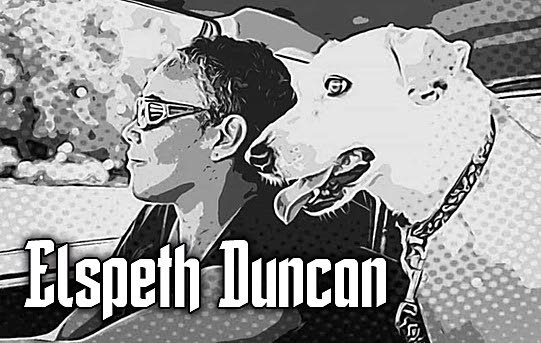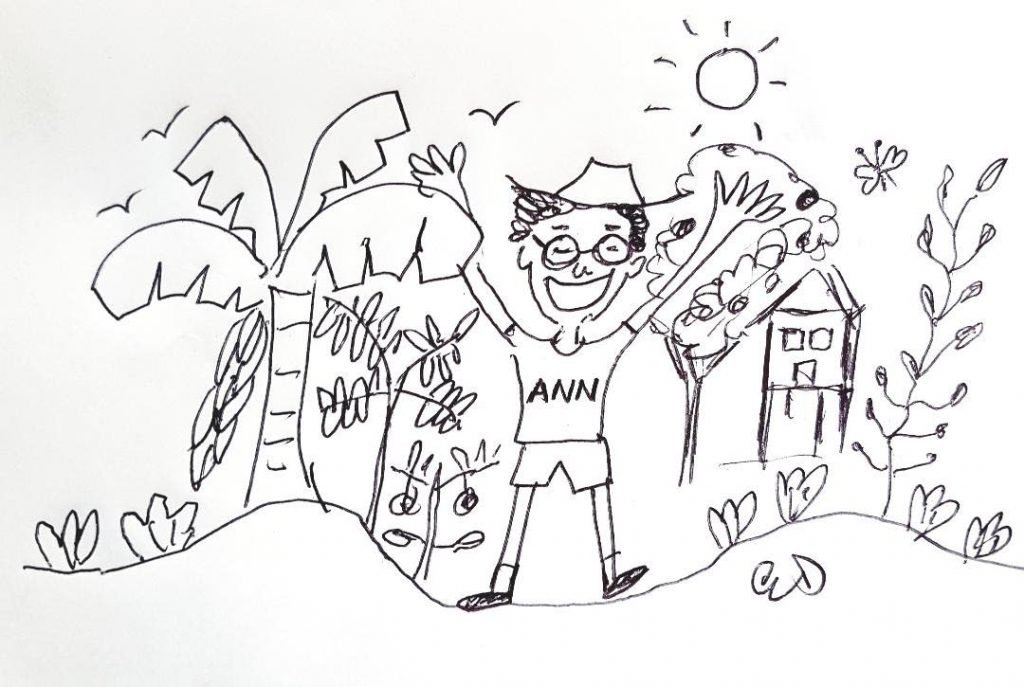Backyard tourism

“Come let’s go and chat in the office,” Ann George tells me as we meet at her Bon Accord home (the two-storey pink house to the left of Public Demand) to discuss the small-scale gardening and seed-selling initiative she has charmingly named “Backyard.”
The office, as it turns out, is in the back yard under the quaint old house in which her late grandfather lived, near to the “about 100 years old” Julie mango tree. Ann and her cousin often meet in “the office” to discuss business ideas.
“This reminds me of childhood,” I say as we stoop and bend our heads to get under the abode. There, Ann transports me to the Crown Point she knew as a child. In those days, people who lived there were said to be “from the bush” – an indication of how rural the area was up to as recently as the 70s.
Children who lived behind the small airport, “like the Crooks and the Dillons,” would have to cross the runway in order to go to school.
“They would watch to see if a plane is coming, then cross,” Ann explains, as if referring to a passing car.
From birth until she was 12, home for Ann was a small wooden house on what are currently the grounds of Kariwak Holistic Haven. Today, a large framed photograph of that house is proudly displayed in Kariwak’s lobby.

“Down Crown Point was like Paradise,” Ann reminisces. “Nothing like now. Lots of bush, trees to climb, animals – sheep, cows, goats, pigs, horses...and everyone had a big garden and was into gardening. Corn, peas, pumpkin, cucumber, sorrel...
“The sweetest potato was from Crown Point. We used to boil and eat it with oil and salt.”
She pauses before continuing softly: “I miss it. Trust me... really miss it. That special island vibe that Tobago had then is gone. Now you have development that is out of synch with what Tobago tourism should be.”
She recalls the simple island vibe days of Golden Star and Pelican Reef Restaurants, JG’s Disco, Uncle C’s snackette...
“Now everyone just building what they want. No planned development. No one looking at proper drainage...waste water smelling stink. The drain going to the fort empties into the sea. No concern for the environment.”
After Ann’s father sold their land to the owners of Kariwak, the family moved to the house in Bon Accord where Ann currently lives. Her simple backyard oasis carries the aura of what she describes as “the lost island vibe that tourists come for.”
“Years ago Trinis didn’t want to come to Tobago,” Ann says. “They felt it was dead and backwards. Well ,I wish we had remained ‘dead and backwards.’ We want a retreat island, a health island. Not people to come with a truck and loud music and go on a beach and cook and leave garbage.” Ann’s vision of Tobago’s ideal tourists are those with a heart for its wellbeing, who appreciate, respect and help to maintain its natural wonders and who come to spend money to enjoy wholesome tourism offerings.
Over the years, via word of mouth, tourists (mainly from Europe) heard of Ann’s Airbnb, at her home. However, rather than staying indoors, her visitors preferred to camp in tents in her garden or sleep in the banana patch.
“They liked the outside, in nature, under the stars... they felt safe,” Ann says. “That’s why many foreign tourists do not want to stay on the Crown Point side of the island. They want to go to Castara – for the nature and the natural people.”
Ann’s intimate hospitality often included local breakfast – bake, saltfish, eggs, cocoa tea. Whatever she was preparing at home was shared with the tourists whenever they asked.
Nowadays, through Ann’s small-scale gardening and seed-selling initiative, visitors and locals alike can get a taste of the food basket paradise that Crown Point used to be – and learn about home gardening in the process.
There are countless places around the world offering massive airports, five-star hotels and elaborate all-inclusive resorts. However, there is only one Tobago – with its humble homes, welcoming people (like Ann) and its worth-preserving natural bounty.
True development would be to recognise and invest in these simple, homegrown treasures, as they are the island’s strongest magnets.


Comments
"Backyard tourism"